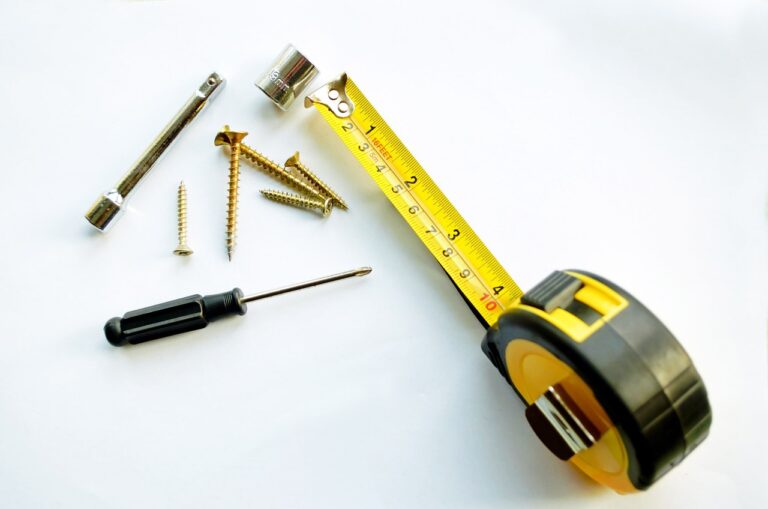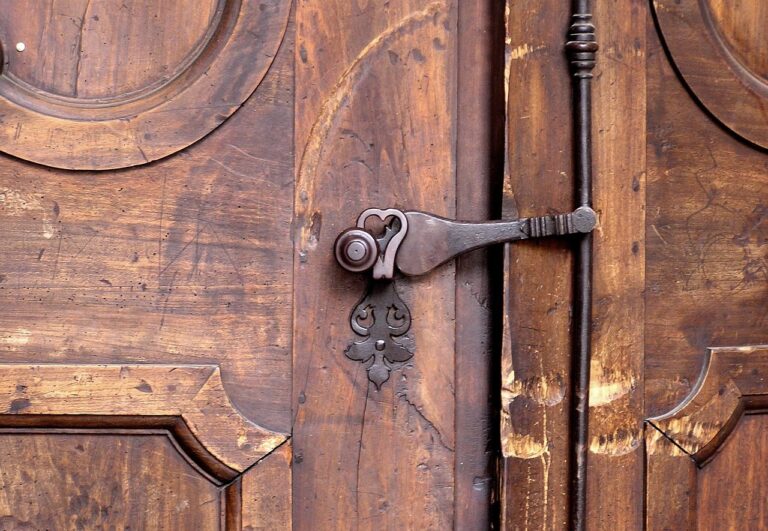The History and Evolution of Clockmaking: 11xplay, Tigerexch247 login, Booki bet
11xplay, tigerexch247 login, booki bet: Clockmaking has a long and fascinating history that dates back centuries. From the earliest sundials to the modern atomic clocks, the evolution of timekeeping devices has been a testament to human ingenuity and innovation.
Early Clockmaking
The history of clockmaking can be traced back to ancient civilizations such as the Egyptians, Greeks, and Romans, who used various devices to measure time. The earliest timekeeping devices were sundials, which used the position of the sun to indicate the time of day. Water clocks and candle clocks were also used in ancient times to track the passage of time.
Medieval Clocks
During the Middle Ages, mechanical clocks began to emerge in Europe. These early clocks were large and cumbersome, usually located in churches or town squares. They were driven by weights and gears, and often featured elaborate mechanisms such as astronomical displays and music.
The Age of Exploration
The development of accurate clocks was crucial for the Age of Exploration in the 15th and 16th centuries. Clockmakers focused on improving accuracy and portability, leading to the invention of the spring-driven clock by Peter Henlein in the 16th century. These smaller, more portable clocks paved the way for the development of pocket watches and eventually wristwatches.
Industrial Revolution
The Industrial Revolution in the 18th and 19th centuries brought significant advancements in clockmaking. Mass production techniques allowed for clocks to be produced more efficiently and at a lower cost. This led to the widespread availability of clocks and watches to the general public.
Modern Clocks
The 20th century saw the development of highly accurate timekeeping devices such as the quartz clock and atomic clock. These clocks use electronic signals to keep time with incredible precision, making them essential for scientific research, navigation, and telecommunications.
FAQs
1. What is the oldest known clock?
The oldest known clock is the sundial, which dates back to ancient Egypt around 1500 BC.
2. Who invented the first mechanical clock?
The first mechanical clock is attributed to the German locksmith and clockmaker Peter Henlein, who invented the spring-driven clock in the 16th century.
3. What is the most accurate clock in the world?
The most accurate clock in the world is the atomic clock, which uses the vibrations of atoms to keep time with incredible precision. The current record holder for accuracy is an atomic clock developed by the National Institute of Standards and Technology in the United States.
In conclusion, the history and evolution of clockmaking have been a fascinating journey from the ancient sundials to the modern atomic clocks. This progression showcases our continuous quest for precision and accuracy in measuring time, shaping the way we live our lives today.







